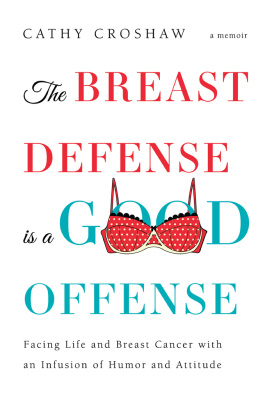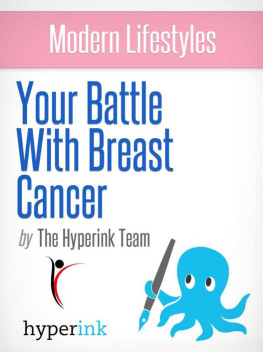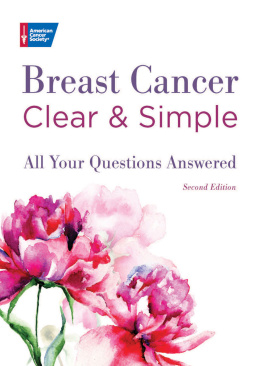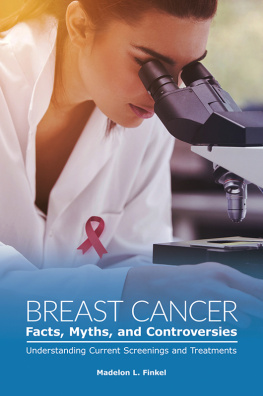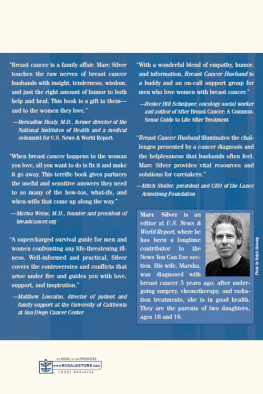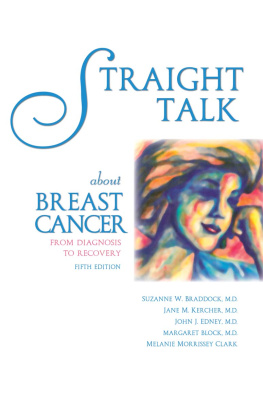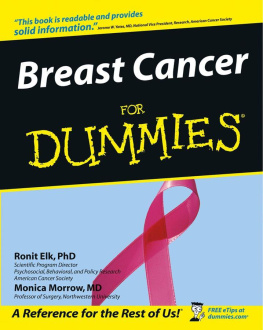
The names and identifying characteristics of persons referenced in this book have been changed to protect their privacy. While the persons and conversations portrayed in the book are based on actual events, some of the direct quotes and dialogue are a product of the authors imagination.
Published by River Grove Books
Austin, TX
www.rivergrovebooks.com
Copyright 2020 Cathy Croshaw
All rights reserved.
Thank you for purchasing an authorized edition of this book and for complying with copyright law. No part of this book may be reproduced, stored in a retrieval system, or transmitted by any means, electronic, mechanical, photocopying, recording, or otherwise, without written permission from the copyright holder.
Distributed by River Grove Books
Design and composition by Greenleaf Book Group
Cover design by Greenleaf Book Group
Cover images used under license from
Publishers Cataloging-in-Publication data is available.
Print ISBN: 978-1-63299-281-9
eBook ISBN: 978-1-63299-282-6
First Edition
To the staff of the Gene Upshaw Memorial Tahoe Forest Cancer Center. Thank you all for your kindness, compassion, and professionalism.
The good thing about cancer (and yes, there are good things) is the way it helps you prioritize your life. You learn what is importantlove, family, friends, being nice to the other people we share this earth with, being nice to the earth, too. Thats the lessonto live that way without having to go through the pain. My friend Gilda Radner put it this way: If it werent for the downside, everybody would want to have cancer. But there is a heck of a downside.
Joel Siegel
CONTENTS
PROLOGUE
WHY I WROTE This BOOK
I HAD NO GOALS WHATSOEVER when I began writing this book. In fact, I had no intention of writing a book at all. One evening, however, I was on a business trip and alone in a hotel room in the San Francisco Bay Area. I couldnt get the TV to work. I have no patience for electronics that do not respond immediately to my coaxing. I was in my jammies, all tucked into bed, and definitely didnt feel like calling the front desk and having the guy come to my room to help me with the TV. Faced with the intransigent TV, I picked up my laptop, and a few pages of something related to my cancer experience simply poured out of me.
When I read what Id written the next morning, my first impression was one of dreamlike disconnection, as if I were floating above myself, observing an experience I had not connected with as it unfolded. I showed what I had written to my husband, Bob, who encouraged me to continue. Then I sent it to my sister, Laura, who loved it and offered to be a co-author from the familys perspective. We even went so far as to plan what we would wear on Oprah. Finally, I sent it to my mom, who cried. Soon after, I was off and running.
Six Things
From that sketchy beginning, a manuscript unfolded. Along the way, some clear goals emerged from the rubble of my words. These goals inspired me to devote hours, days, and weeks to this endeavor. As I discovered in writing this book, I hope to accomplish six things. If I can do that, Ill be happy with my efforts. Here are the items that made my list:
1.Make one person smile when they least expect it. Cancer is not a topic that evokes smiles; its quite the opposite actually. But there can be funny moments or circumstances that lift your spirits and help you through the ordeal. If I can capture just a few of those moments and make you laugh or smile in the midst of a difficult day, I will have accomplished the most important item on my list. But be aware that not all of the book directly relates to my cancer experience. Cancer, in my case (and as I suspect it is in many cases), was a culmination of events and lifestyle choices, some of which you may relate to and some of which you may not. But you may also find some humor in the backstoryI know I have. Frankly, if you havent found any humor in your life so far, I offer you mine.
2.Provide a hopeful and positive perspective on what to expect if you are facing a cancer diagnosis. I suspect that many people who have not experienced cancer are unaware of the details of the diagnosis and treatment process. I was in this camp when I was first diagnosed, and it was pretty scary. Even if you are more informed than I was, you may not appreciate what it feels like to live through the experience. In sharing my story, I hope to provide a picture of what to expect and thereby allay some of your fears or concerns.
3.Share some resources that can help you through your treatment. I was often pleasantly surprised at the many perks available to cancer patients. I want you to know right now that there is a ton of information out there (online, at your doctors office, and at treatment centers) and countless services to help you through the experience emotionally, financially and physically. I expected that counseling and possibly nutritional advice might be available to me at the cancer center, but I had no idea that there would also be massages, yoga classes, cooking classes for patients and caregivers, and cosmetology sessions. These are only a few of the services offered by either the local cancer center, the American Cancer Society, or other organizations.
Frankly, these resources and benefits are usually offered at a time when you are already overwhelmed, because you have just been told that you have cancer. I know that I never read the handouts I got from the cancer center until I started writing this book. I was actually stunned to find out that a lot of the perks that I stumbled upon when going through my treatment were listed right there.
I hope you will be more receptive to absorbing the available benefits than I was. If not, perhaps my personal narrative will help you. Given the flood of breast-cancer information available on the Internet, I dont recommend that as a starting point. Its not that I have anything against online searches. Once you know whats out there, youll be able to seek out the things that make sense for you. You could start with this book and branch out from there.
4.Help others understand the patients perspective. I tend to go through life tremendously concerned about saying the wrong thing to someone in a crisis. Consequently, I usually say the wrong thing. Nevertheless, I am hopeful that sharing my experience can help someone close to youor even a strangerto say or do the right thing when you need it most.
5.Do a good deed. I plan to donate a portion of any profits from this book to the American Cancer Society and the cancer spa, as I came to know the Gene Upshaw Memorial Tahoe Forest Cancer Center, to help those who need support and care as they face this challenging illness. Prior to my diagnosis, I had a successful career as a lawyer in private practice. When people think of lawyers, giver is probably not the first word that comes to mind. I have done a few charitable deeds along the way, donating legal services, but it probably wont surprise you to hear that my friends havent encouraged me to redo the monograms on my towels to read MT2 for the second coming of Mother Teresa. In other words, its time for me to start giving back.
6.Tell my story. Writing this book has been a cathartic experience. I have shared a lot of things beyond the cancer experience itself, though it is not typically in my character to share my true feelings and thoughts. In writing this story, I challenged myself so that I could offer you some hope, a positive outlook, and yes, hopefully, a smile. Maybe this book will inspire you to help a friend or stranger, or they will be inspired to help you. If you have cancer, your cathartic experience might take different forms, such as unloading your fears and challenges with a trained professional, a family member, or a good friend. For me, it was putting pen to paper. At the very least, I hope my story will send you running out the door to get that overdue mammogram. After all, the breast defense is a good offense.
Next page
